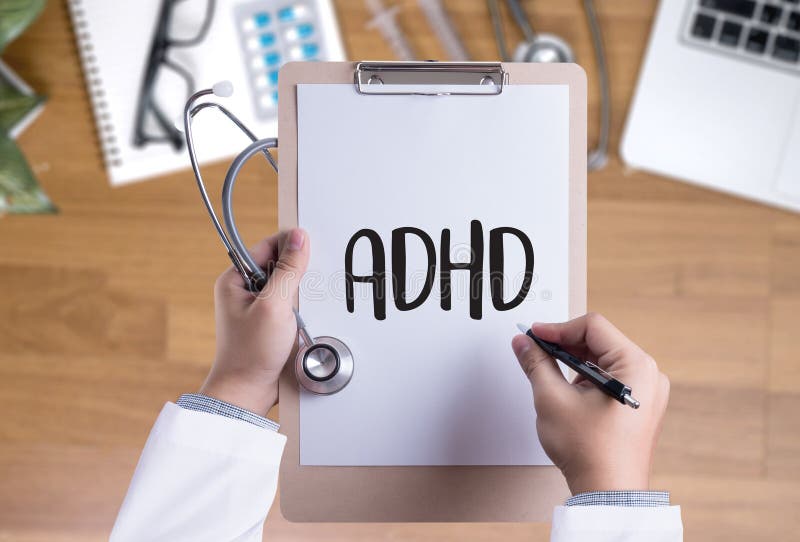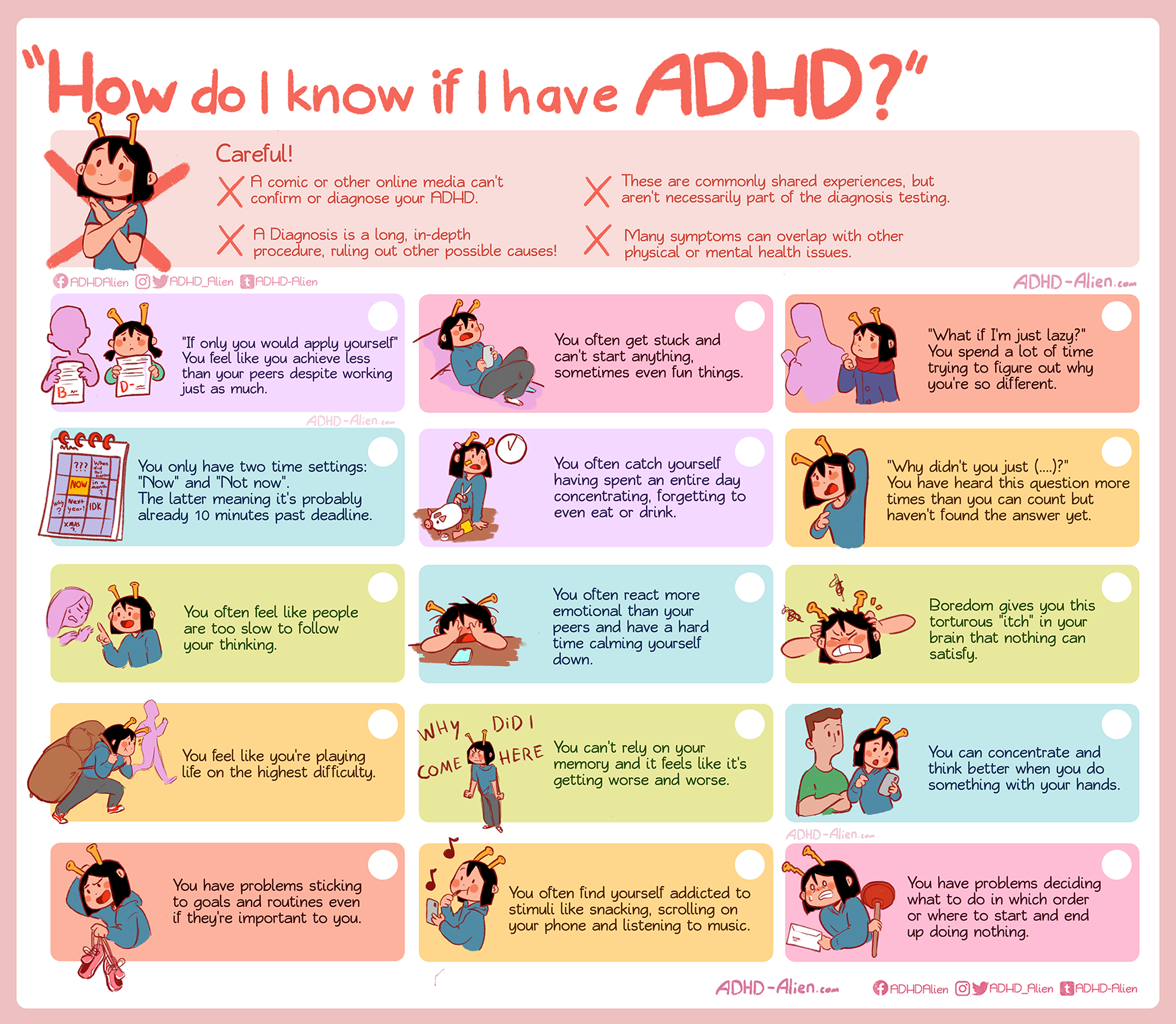
The first step in diagnosing ADHD is to make sure your child is not defiant or hyperactive. A doctor may ask your child to fill out various forms, including those from school, daycare providers, and family members. You can also complete a questionnaire, which allows your physician to compare your child's behavior with other kids their age. Your doctor may also ask your child about their temper or their ability to remain calm and organized. In addition, he or she may ask your child about problems with attention, organization, or other behavioral problems.
While you're dealing with the challenges of ADHD as a parent, it's important to understand what medications are available and what side effects they may have. It's okay to seek help from your healthcare provider, but you should also be honest with yourself. Using humor can help you deflect negative feelings about your child's disorder. Similarly, reinforce positive behaviors and reinforce your child's strengths and abilities. These are three of the most important things to remember when diagnosing your child with ADHD.
Your child's doctor can also prescribe a medication for ADHD. Be sure to ask your physician if he or she recommends a specific type. If you've tried a number of medications, you've probably experienced rebound effects. This is a common symptom of ADHD. Your doctor may recommend a different type of medication if you have had trouble with the previous one. You can also try overlapping doses or switching to a longer-acting formulation.
Although there are many different medications for ADHD, you can choose the one that works best for you and your child. You can also ask your doctor for recommendations based on your child's specific symptoms. Often you will need a lower dose if your child's behavior is out of control. You can also discuss the benefits of long-acting medications with your doctor. For example, a long-acting drug will have less rebound effects than a shorter-acting drug.

If your child experiences mood swings, you need to learn to accept the fact that ADHD is a lifelong condition. While certain behaviors are expected as they get older, don't be surprised to find that your child's cognitive abilities are out of sync with yours. Your doctor should help you decide whether your child needs ADHD medications to help him or her develop normally. If you are the parent of a child who has behavior problems, you may want to talk to your doctor to determine the best dose for your child.
In order to diagnose ADHD, you must have had symptoms for at least 12 months and they have been affecting your child's life. The symptoms must be consistent and must interfere with your child's day-to-day activities. Your healthcare provider may be able to help you find the right treatment for your child. If your child is still showing signs of ADHD, it is important to talk with a healthcare provider to determine how to best address your child's needs.
If you're experiencing mood swings after taking ADHD medication, you should seek help from a healthcare provider. Symptoms of ADHD should be recognized and discussed openly with the healthcare provider. You might even try joking around with your child to diffuse your negative emotions. If you don't notice any of these side effects, it's a sign that you're using the wrong type of medication. However, you should also talk to your family about the risks and benefits of a medication before starting it.
While most of the symptoms of ADHD are normal for children, they may be different for other children. If you are worried that your child has ADHD, your healthcare provider can help you find the right treatment for your child. It is important to get a proper diagnosis to avoid any unnecessary complications. Your child's behavior may be a symptom of a more serious problem. Your symptoms are not a sign of a psychiatric disorder.
If your child is experiencing mood changes, try reducing the medication. This may be a rebound effect that you're experiencing. If you have frequent mood swings, try overlapping your doses and switching to a long-acting formulation. This way, you can minimize the impact of the rebound effect. If your child's symptoms are severe, you'll need to seek medical advice and change your medications. A therapist will be able to help you find the best treatment for your child.
